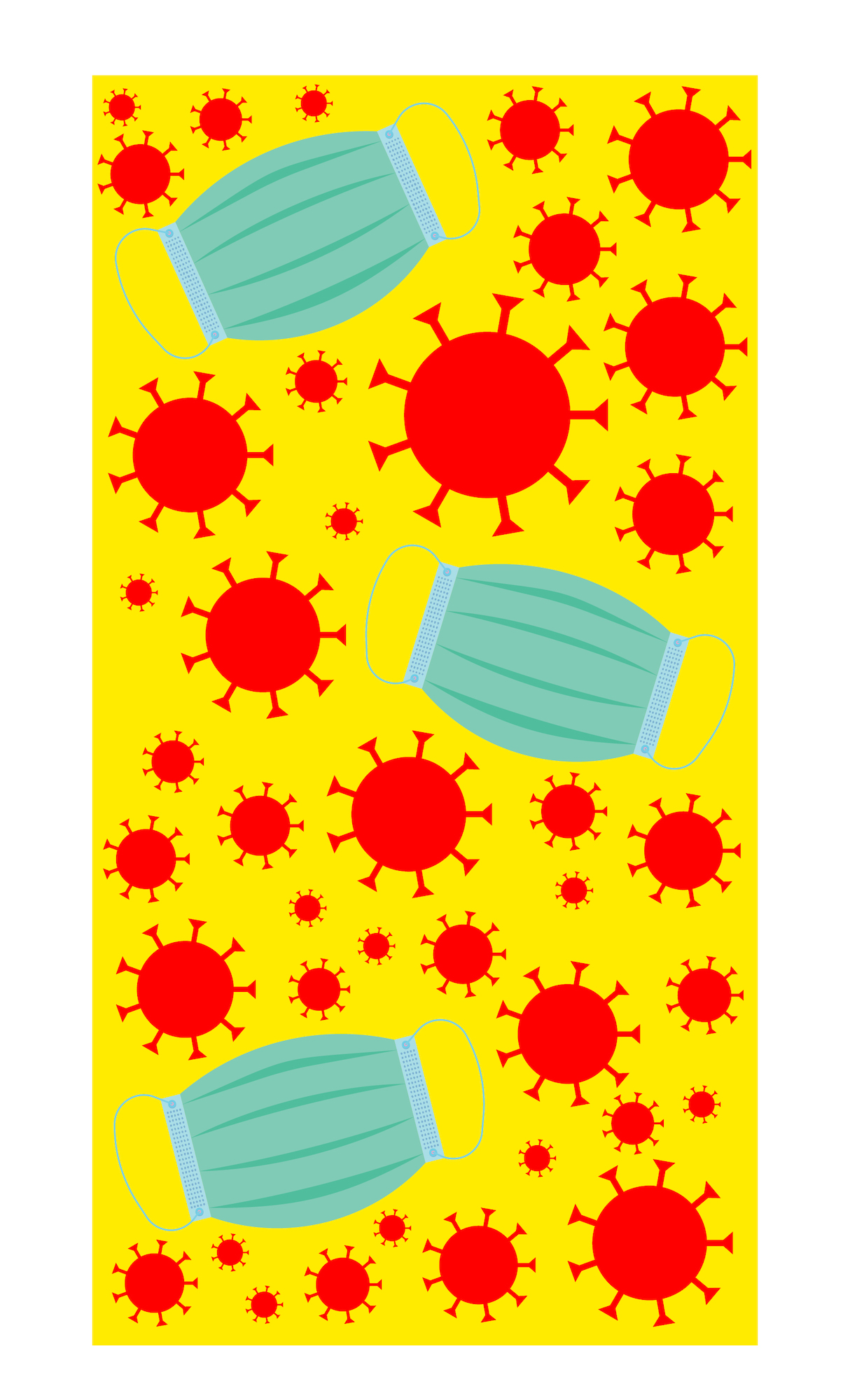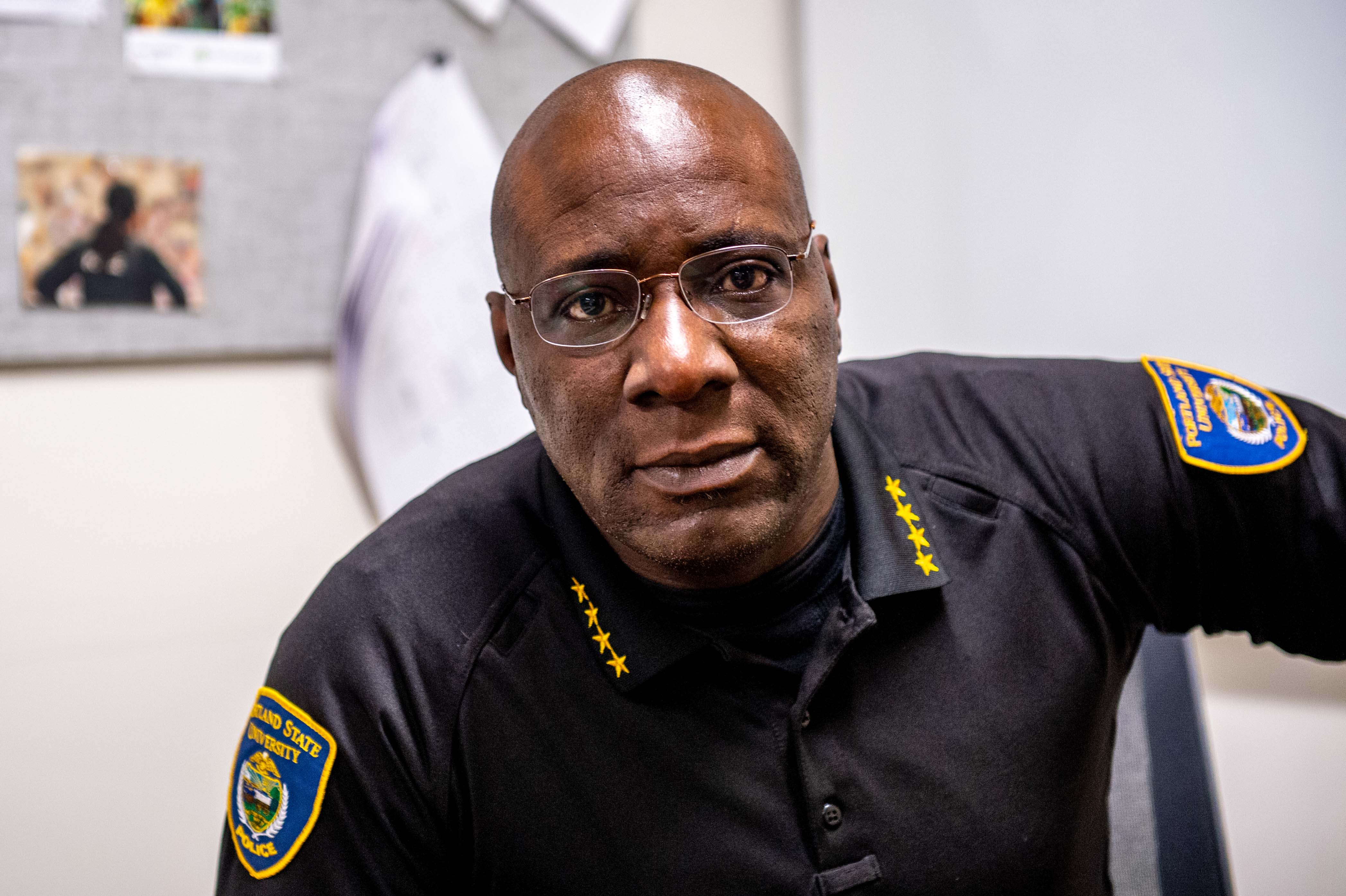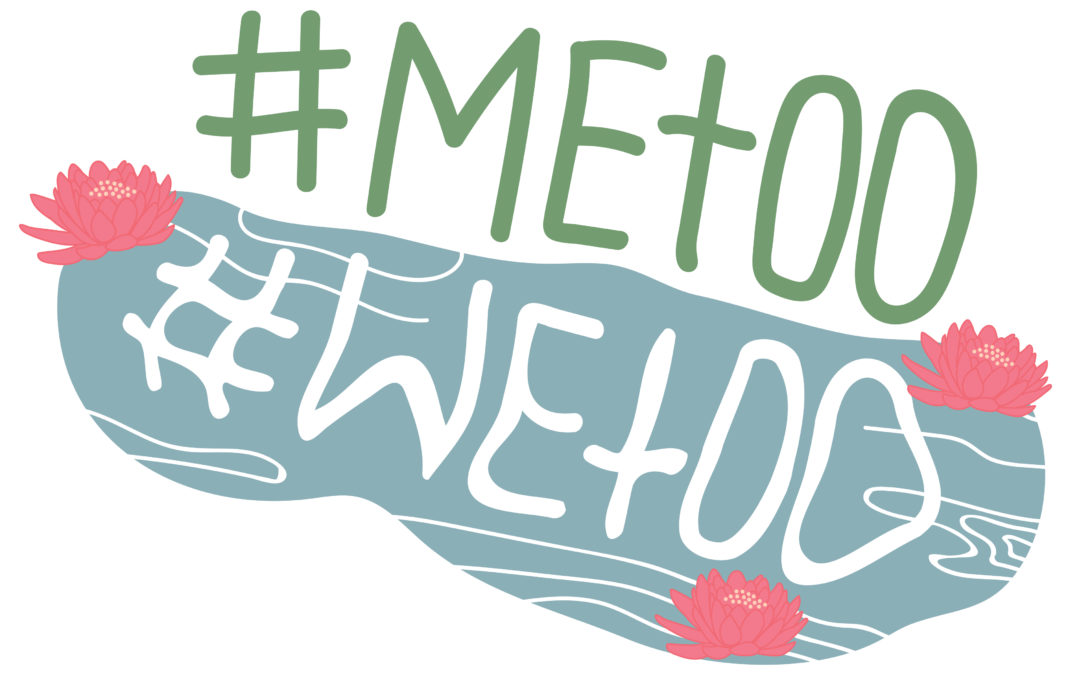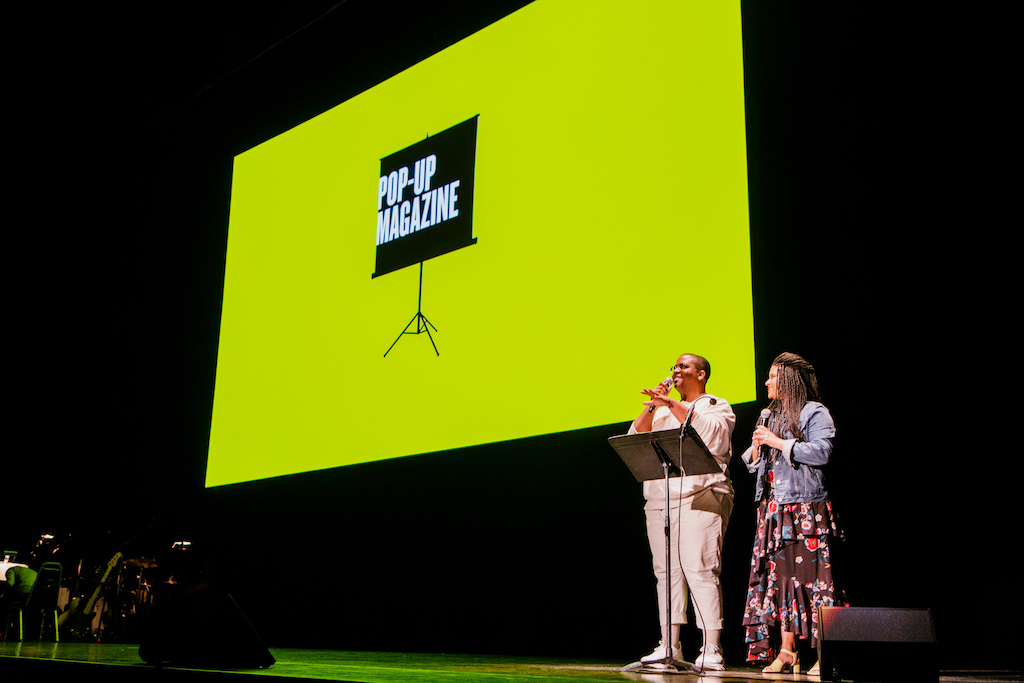The number of journalists killed in retribution for their work “more than doubled” in 2020, a year when more reporters in known history were jailed by authoritarian governments, according to new data from the independent watchdog group Committee to Protect Journalists (CPJ).
According to the CPJ, 21 journalists were murdered due to their work—an increase of 11 from the previous year. The watchdog group also stated it is investigating at least 15 other deaths.
Between Jan. 1 and Dec. 15, 2020, at least 30 journalists were murdered around the world, CPJ reported. Organized crime groups were most often suspected, most notably in Mexico.
At least four journalists were targeted for murder in Mexico in 2020 and one more was gunned down while reporting from a crime scene. The CPJ is examining at least four other deaths as of December.
The report also indicates that, for journalists, political reporting has been the most dangerous kind. Only three journalists were killed in war zones. While reporting in Syria, they allegedly died in Russian airstrikes. This was the lowest number of journalists killed in combat locales since 2000.
The CPJ’s report further analyzed the number of journalists arrested around the world. In its annual calculation of incarcerated journalists, CPJ found at least 274 journalists worldwide were imprisoned, which was the highest in the nearly three-decade history of that census.
According to an article by TIME Magazine, in 2020 journalist Roohallah Zam from Iran was both imprisoned, and later, killed. Zam was abducted by Iranian operatives—evidently from neighboring Iraq—imprisoned and then hanged on Dec. 12.
TIME further reported that, “Zam had spread information on demonstrations and otherwise embarrassed the Iranian government.” CPJ’s Executive Director, Joel Simon, said in an interview, “Zam’s killing is nothing but state-sponsored murder.”
Zam’s death was condemned by the Trump administration. However, Simon notes, Trump and his administration have regularly openly attacked the mainstream media. Since his campaign and inauguration, Trump has routinely assaulted the news media in demonstrations, reactions to reporters’ inquiries and in numerous tweets.
Trump has frequently called the media a number of names, including “fake news,” “the enemy of the people,” “dishonest,” and “corrupt,” according to an article from the CPJ.
While there have been no murders against journalists in Portland, the city has not been immune from other attacks on journalists, especially since the George Floyd protests that took place last year.
Stories of law enforcement mistreating reporters emerged from Portland amid Black Lives Matter protests on a consistent basis. According to the Columbia Journalism Review, officers routinely tear gassed and assaulted journalists. A federal agent, in full military fatigues, knelt on the back of Rian Dundon, a photojournalist on an assignment for the Economic Hardship Reporting Project.
“Two other photojournalists—Jon House, of the Portland Tribune, and Alex Milan Tracy, who works for wire services—were struck by federal officers’ impact munitions,” the article stated. “Mike Baker, who’s been covering the protests for the New York Times, reported that a federal agent punched him in the head.”
The Daily, a New York Times podcast narrated by Michael Barbaro, featured a report from Baker in which he can be heard choking on tear gas.
According to OPB, in late June of 2020, the Portland Police Bureau had arrested three reporters—Cory Elia and Lesley McLam, podcast hosts at the community radio station KBOO, and Justin Yau, a freelancer—in a single night.
The CPJ has called on President-elect Joe Biden to rebuild the U.S. practice of championing the freedom of expression by appointing a special envoy for press freedom and by supporting the 1st amendment right of journalists both at home and abroad.







